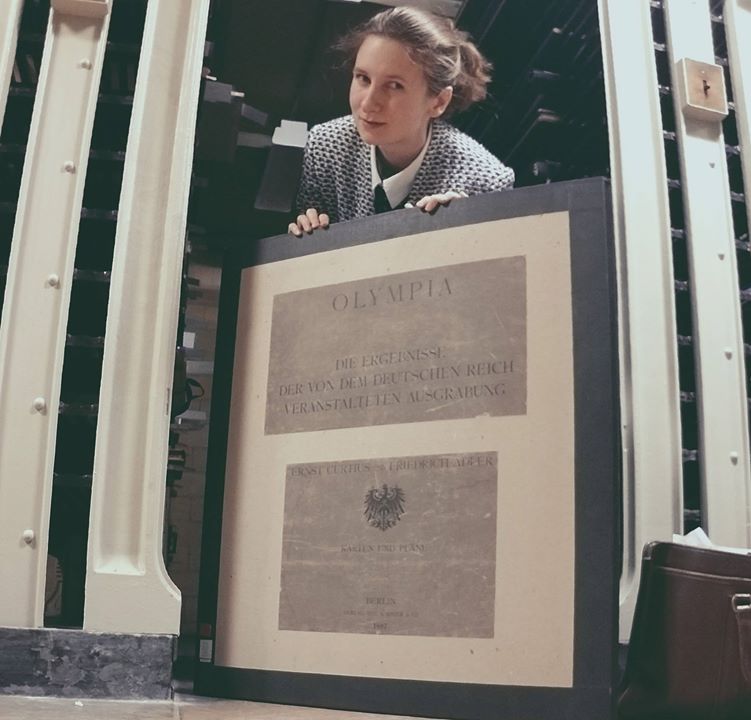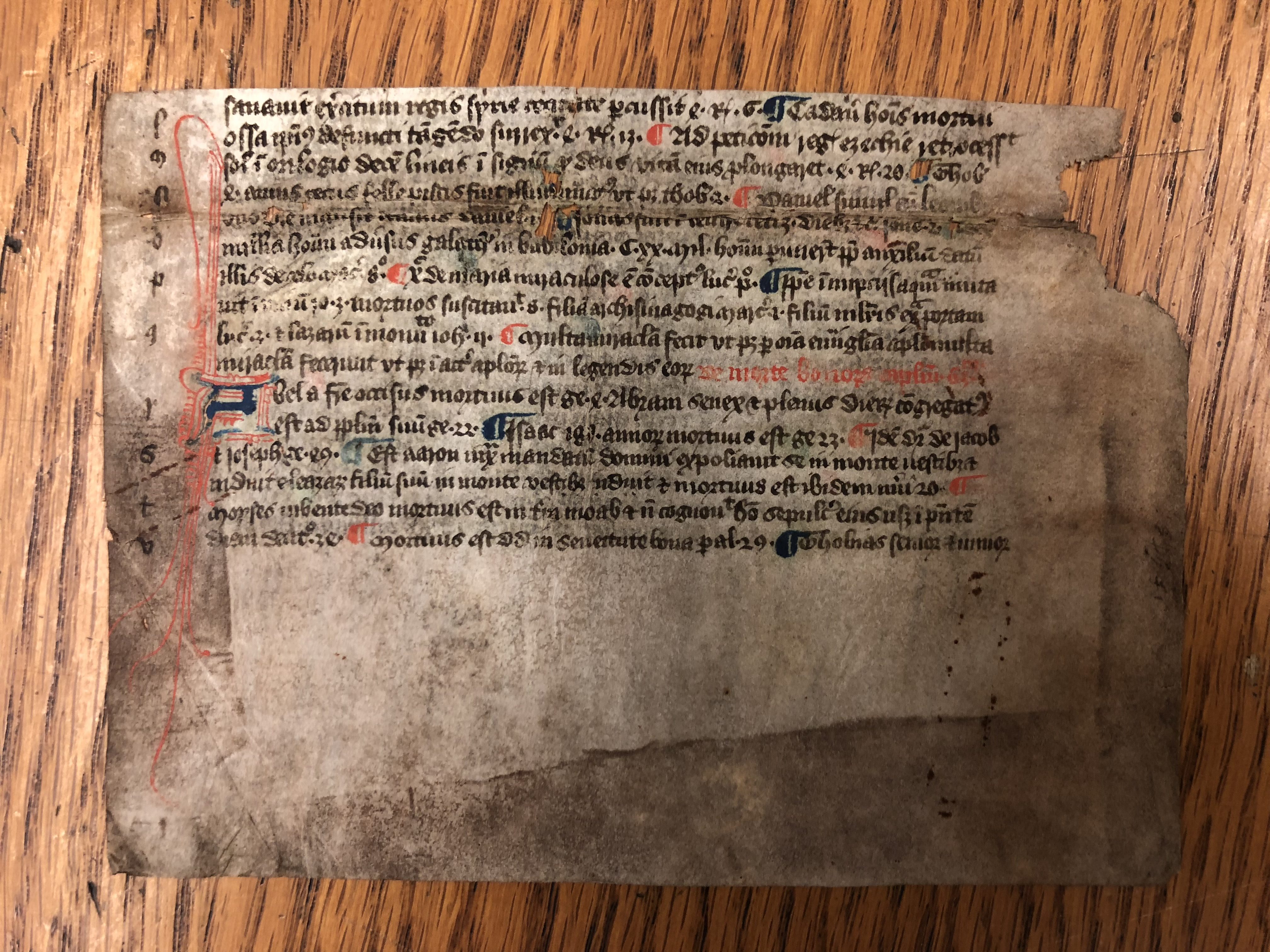
In April 2016, Andrew Russell and Lee Vinsel published an article in Aeon titled “Hail the Maintainers.” Russell and Vinsel called for a closer examination of how our culture venerates technological innovation. We elevate innovation and innovators, while overlooking the important role of maintenance in keeping society going. The concept took off, and there has been a subsequent conference known as The Maintainers and many academic articles on maintenance, particularly on the history of technology.
Archivist Hillel Arnold has applied the idea of maintenance theory to the work of archivists, noting that archivists “do the hard and invisible work of maintaining records. Not only do we perpetuate the physical existence of records through preservation activities, we also manage ongoing access to records, in part by maintaining the context of record creation and maintenance through arrangement and description processes.” Hillel and I collaborated last fall on a paper tracing the connections between recordkeeping, maintenance, and environmental regulation. In recent months, I’ve started to examine how the maintenance of regulatory recordkeeping breaks down during fossil fuel industrial accidents and disasters – with significant consequences both for workers and the environment.
Fossil fuel energy production is a highly regulated industry – at least on paper. However, despite the thousands of regulations that govern the extraction of coal, oil, and natural gas, and subsequent downstream production and transmission activities, these regulations have failed to protect the health of workers, nearby communities, and the environment due to several factors that include regulatory capture and lack of enforcement capabilities. Recordkeeping violations are also an explanation for regulatory failures. Industry failure to maintain authentic records – whether by manipulating existing records, or by destroying incriminating records – can accelerate dangerous situations.
Examples of these failures of recordkeeping can be found in two deadly energy industry accidents that happened just two weeks apart in April 2010. On April 5, an underground mine explosion at the Upper Big Branch mine in West Virginia killed twenty-nine miners. On April 20, an explosion occurred at the offshore drilling platform known as Deepwater Horizon, located 40 miles off the Louisiana coast in the Gulf of Mexico. Eleven workers were killed on Deepwater Horizon, and oil leaked from the site for close to 6 months, resulting in the worst domestic oil spill in history.
Investigations of the Upper Big Branch disaster found that Massey Energy, the parent company, routinely underreported safety violations in the records they shared with regulators. In other words, Massey Energy manipulated the very records that could have demonstrated to regulators that the mine needed to make necessary safety improvements.
In the wake of the Deepwater Horizon explosion, many of the recordkeeping concerns that surfaced were over questions of responsibility and accountability for the months-long oil spill in the Gulf. One BP executive was accused of manipulating oil spill estimates. Others were accused of destroying evidence associated with the post-disaster investigations.
We are currently in a period of increasing deregulation of environmental protections. When it comes to American fossil fuel companies, there is a clear role that recordkeeping – or rather, attacks on recordkeeping – play in deregulation. Effective regulation – whether over fossil fuel production and emissions, or workplace safety rules – requires comprehensive and accurate recordkeeping. In contrast, American politicians who support expansion of fossil fuel energy production in the United States routinely deride regulatory oversight as limiting economic progress and domestic energy independence. One of the primary tools of deregulation has been to cut back the amount of information that industry is required to share with regulators, or the amount of recordkeeping it must maintain internally for safety and accountability.
Recordkeeping alone cannot produce environmental health and workplace safety. But achieving either is impossible without baseline records that provide accountability and information to affected communities.
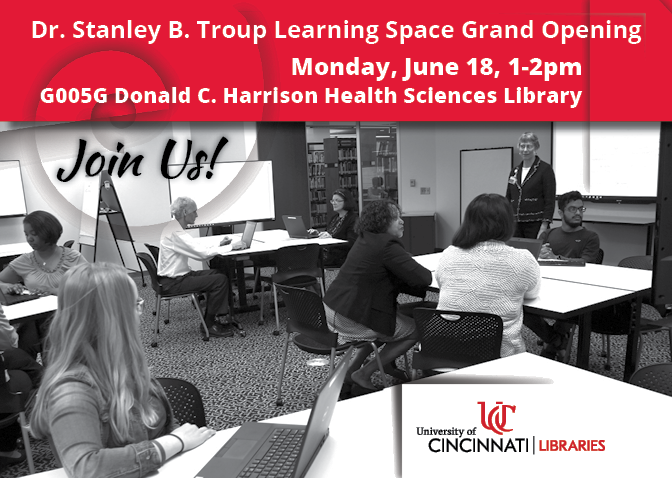

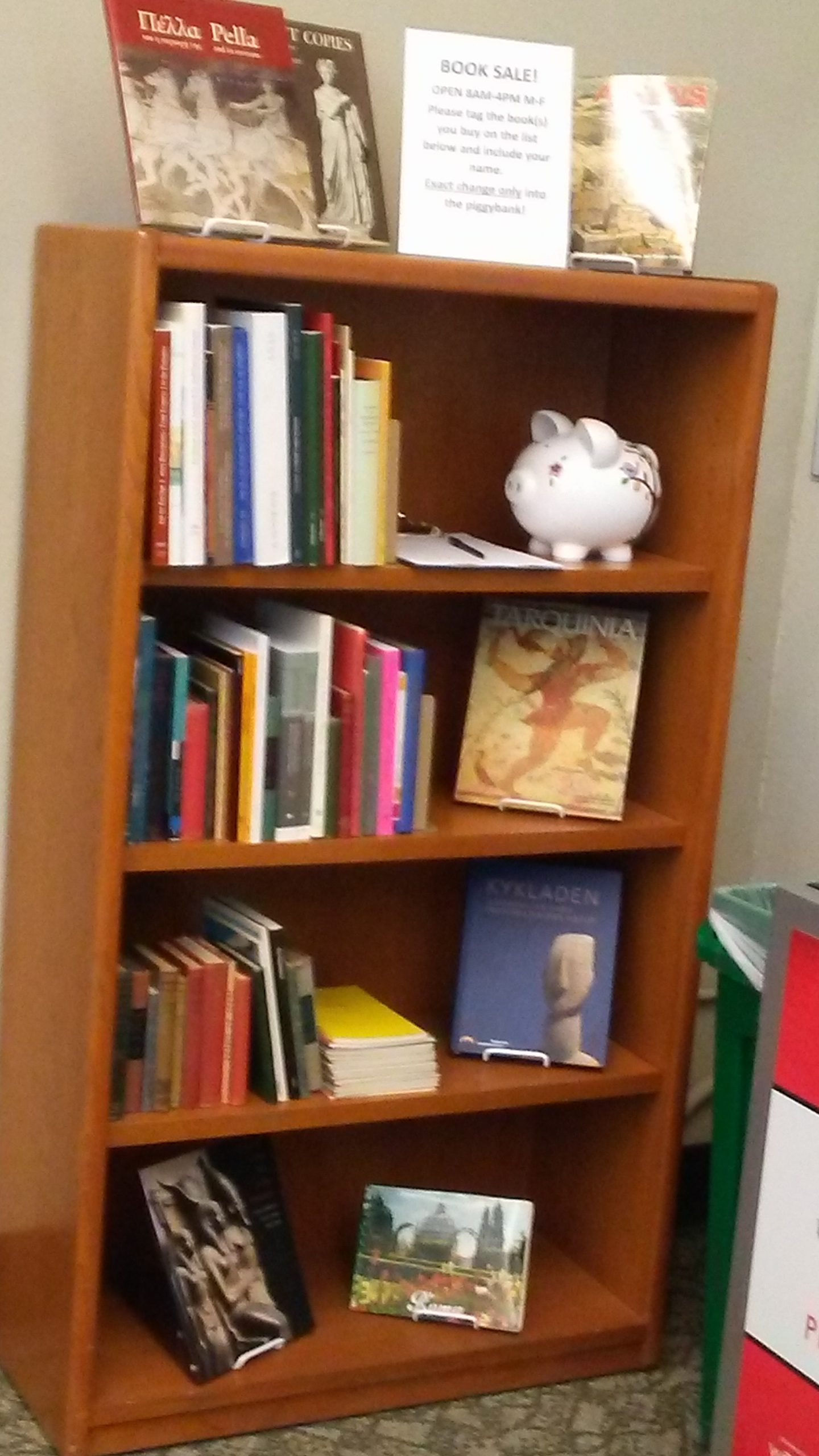
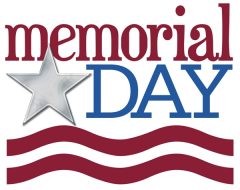 All UC Libraries locations will be closed Monday, May 28 in observance of Memorial Day, except for the
All UC Libraries locations will be closed Monday, May 28 in observance of Memorial Day, except for the 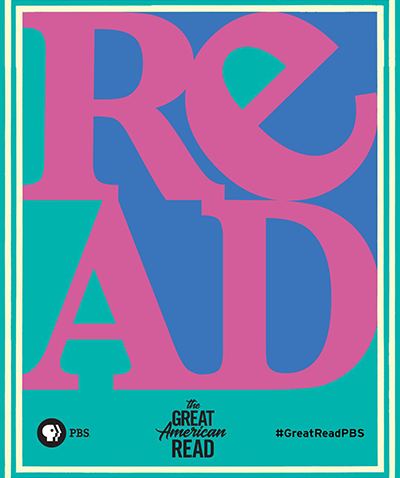 UC Libraries and the University of Cincinnati Press are proud sponsors of PBS’s “The Great American Read,” an eight-part series that explores and celebrates the power of reading, told through the prism of America’s 100 best-loved novels. The series features entertaining and informative documentary segments, with compelling testimonials from celebrities, authors, notable Americans and book lovers across the country talking about their favorites among the 100 chosen books.
UC Libraries and the University of Cincinnati Press are proud sponsors of PBS’s “The Great American Read,” an eight-part series that explores and celebrates the power of reading, told through the prism of America’s 100 best-loved novels. The series features entertaining and informative documentary segments, with compelling testimonials from celebrities, authors, notable Americans and book lovers across the country talking about their favorites among the 100 chosen books.